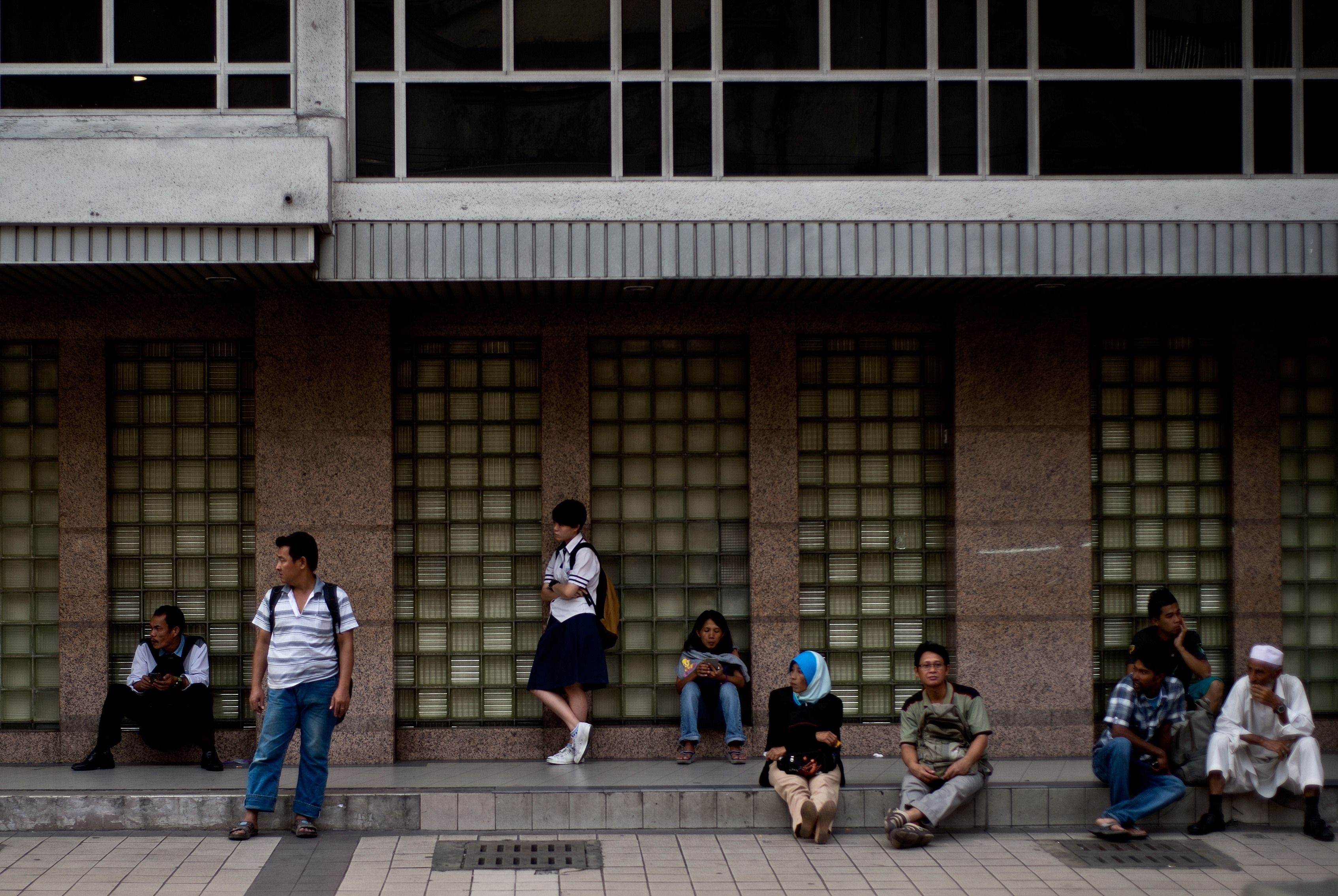
The pattern is a familiar one. In February, the Malaysian government proposed allowing 1.5 million Bangladeshi workers into the country to seek employment. A popular backlash ensued and the government quickly backtracked, imposing a moratorium on hiring foreign workers of all kinds, which still stands.
In advanced economies, where this kind of back-and-forth is common, that might be the end of the matter until the next election (or refugee crisis). But in Malaysia something unusual has happened: There are plenty of jobs, but no one to take them.
Malaysia's furniture industry -- one of the world's largest -- says that monthly shipments are down more than 28 per cent in its busiest region, thanks to a shortage of more than 27,000 workers. Farmers are struggling to find local labourers, pushing up the price of some fruits by 60 per cent. The Federation of Malaysian Manufacturers says 84 per cent of its members are facing manpower shortages, and half can't fulfill orders.
Over the past two weeks, employers have even started threatening to cut production or fold up shop if the government doesn't allow more foreign workers in.
This might come as a surprise to anyone who thinks of immigration as an advanced-economy problem. But such debates rage just as strongly in the developing world, where porous borders and income inequality between countries -- the key ingredients -- have driven the phenomenon for decades.
Nowhere is that clearer than in Malaysia, where foreign workers make up the fabric of everyday life. Staff in Kuala Lumpur's restaurants, shopping malls and markets are more likely to be overheard speaking Bahasa Indonesia than they are the leading local languages, such as Malay. Farms are filled with Bangladeshis, while visitors to auto-service centers might think the industry is entirely Nepalese.
Official data bear these impressions out. According to the government, Malaysia is home to 2.1 million registered foreign workers, in a workforce that totaled 15.3 million in 2014. Illegal foreign workers number at least 1 million, and likely push the foreign workforce representation well over 15 per cent. Whatever the actual number, there's widespread consensus that Malaysia is the largest net importer of labor in Asia.
The reasons for this phenomenon include a relatively well-developed economy, full employment and wages that exceed those of most countries in the region. But it also has social causes, including a widespread perception that aspirational young Malaysians are unwilling to do what locals refer to as "3D" jobs -- dirty, dangerous and difficult -- including farming, construction and manufacturing.
Combined, these factors spell trouble for Malaysia's labor-intensive industries. In one state, the palm-oil industry loses more than $250 million annually because there aren't enough workers -- foreign or local -- to harvest all the fruit.
In response to such shortfalls, the government has long encouraged importing foreign workers, 44 per cent of whom are employed in 3D jobs. The benefits are unambiguous: One recent study showed that a 10 percent net increase in Malaysia's low-skilled immigrant workers boosts real gross domestic product by 1.1 per cent. That, in turn, creates opportunities for homegrown skilled laborers, few of whom directly compete with foreigners.
But if the economics make sense, the politics typically don't, especially at a time when Malaysia's oil-dependent economy is struggling. As in Europe and the US, government efforts to explain the essential role of foreign workers have fallen flat (as have exhortations to Malaysians to take up 3D jobs they don't want going to foreigners). Blame can partly be placed on long-standing policies that establish generous immigration quotas without regard to actual labor-market needs, such as the ill-fated decision to import 1.5 million Bangladeshis. Such policies not only encourage xenophobia, but have the potential to distort labour markets and wages.
A better system for Malaysia -- and other immigrant-dependent economies -- is to replace quotas altogether in favour of a market-based system in which employers in specific industries bid on permits to hire foreign workers. Permits would naturally flow to employers who need workers most, and the government could adjust the number made available based on economic circumstances. Done right, such a system would ultimately help local workers and boost wages, while demonstrating why economic immigration is so important. For now, Malaysia looks unlikely to take this path. But if its officials hope to justify their foreign-labour policies, they'd best consider letting the market do the talking for them. - Bloomberg View